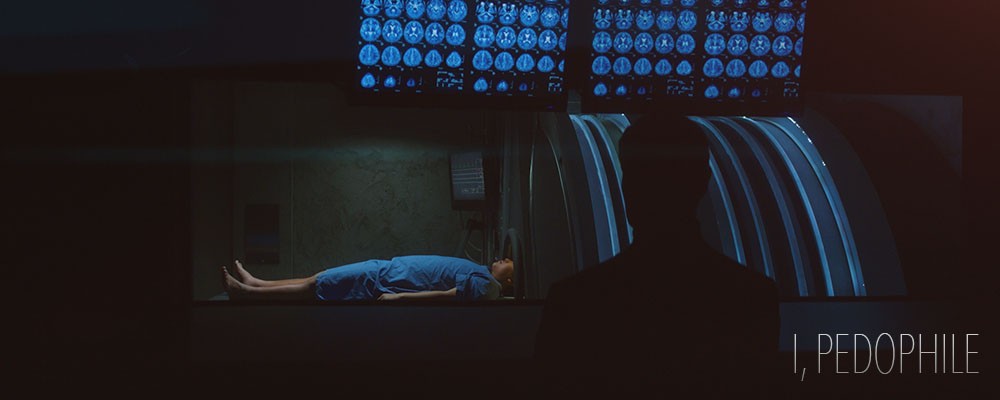Very very few people, I suspect, get into documentary filmmaking to make money. Until very recently , that is. Michael Moore’s top-grossing Fahrenheit 9/11 ( which made 119 million) changed that for maybe 5 percent of the trade.
Actually Michael has 3 of the top six, according to http://www.boxofficemojo.com/genres/cha … ntary.htm; Sicko and Bowling for Columbine made 20 mill plus each. This company is a huge admirer of MM, even if we find some his ambushes breathtakingly premeditated.I’m not sure what his greater legacy is; the death of objectivity [or the outing of subjectivity] or breaking the poverty barrier.
But clearly this recession is going to affect the documentary business. We depend on commissioning editors with budgets. Once those budgets disappear( as happened this past week with the regrettable demise of Bob Culbert at CTV) we have one less buyer for Canadian network documentaries. The rumours are that Global and its cluster of channels is in serious financial straits. We were never able to have an intelligent conversation with anyone at Global despite three tries.
It will also be interesting times as budget-slashers “prioritize”. How central or peripheral are documentaries to the national cultural scene? When politicians are faced with saving farms and hospitals and schools, how receptive will they be to an argument to save something as ephemeral as a film.
There are two factors that give me hope, neither of them financial. Documentaries record the times, and we have an historic obligation to document this major collapse. In terms of its culprits (Enron) its victims (We are currently shooting Adjustment City; about laid off auto workers in the windsor detroit area) and its social ramifications. We may need to work for nothing or very little, but documentary can be an important mobilising and informative influence in times like these.
The second factor relates to what people need in times of crisis. Think of Woody Guthrie and the Great Depression. The incredible generation of British comedians and singers (Vera Lynn; Peter Sellers; Spike Milligan) who came out of the world war years; Jimi Hendrix and Vietnam; Shosholoza and Hugh Masekela’s Stimela , anti-apartheid music generally during those dark times.
Nothing can really stop a committed filmmaker now. It may mean a lot of soft practitioners should start re-training themselves, but documentary is built for rough rides, and will serve these times and find its audience.
This may mean that the next few cogentbenger productions will be displayed on a sheet behind our office on Queen Street West. A cup will be passed. Local establishments will provide hot chocolate.
